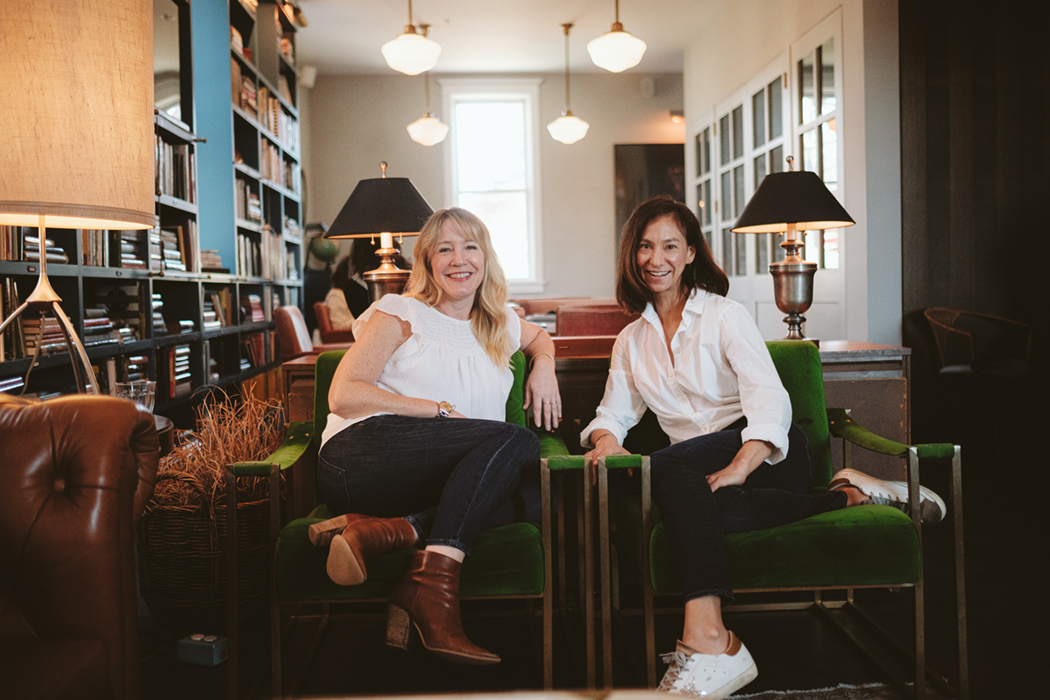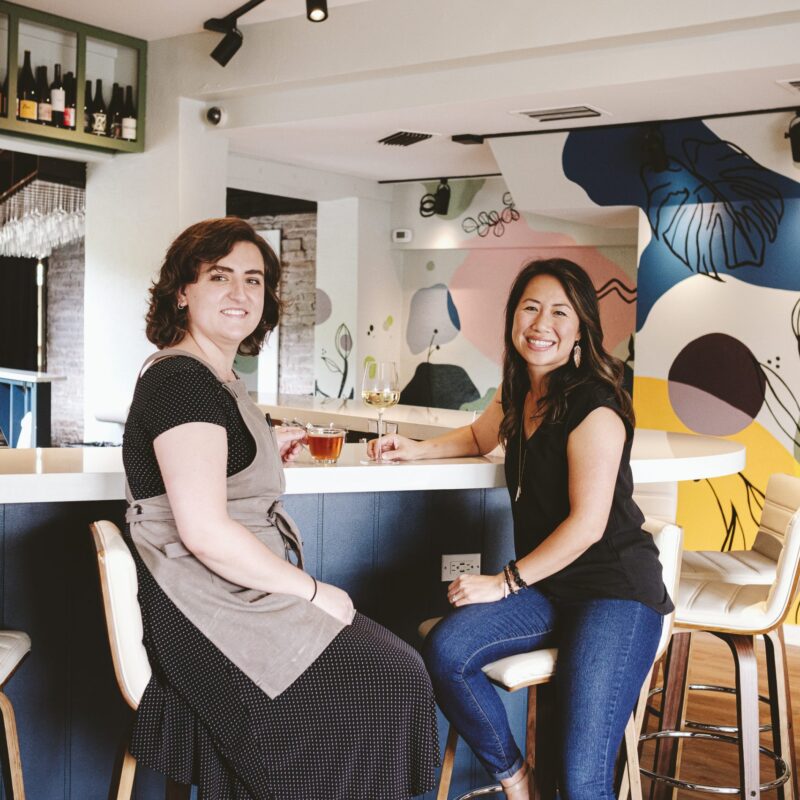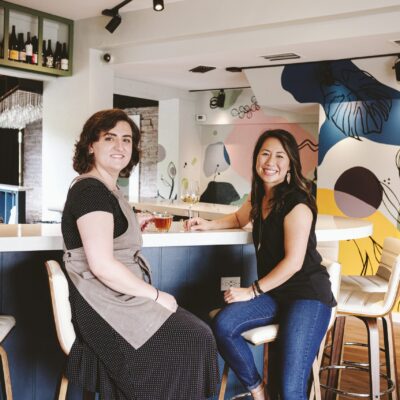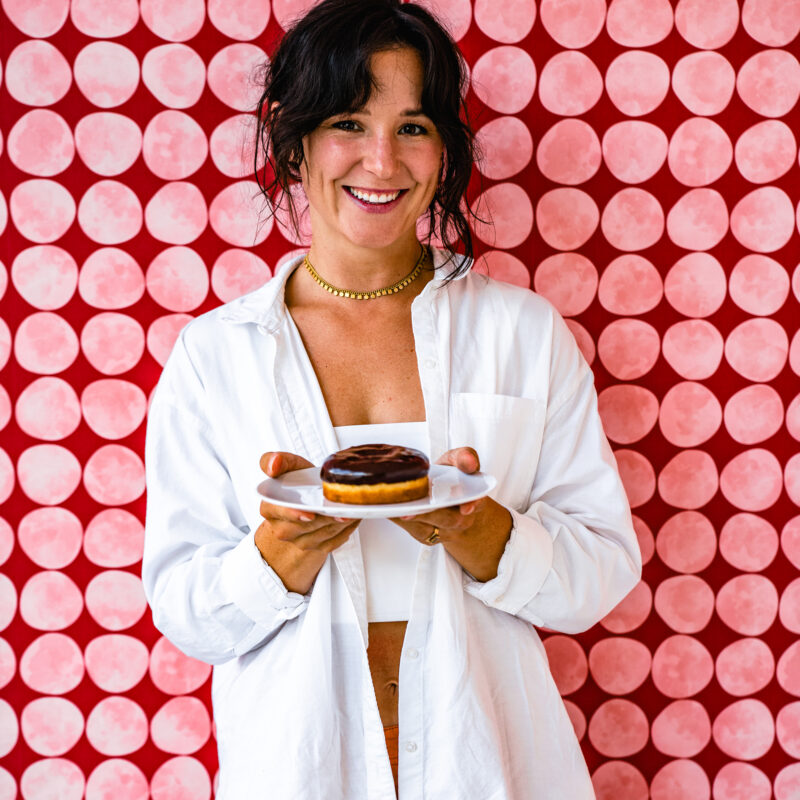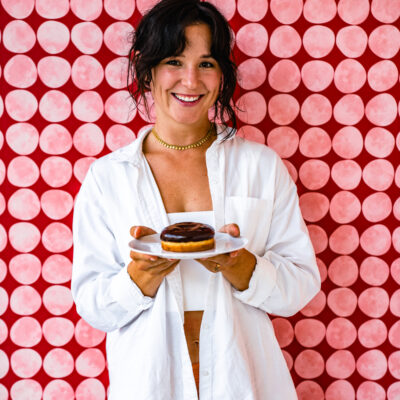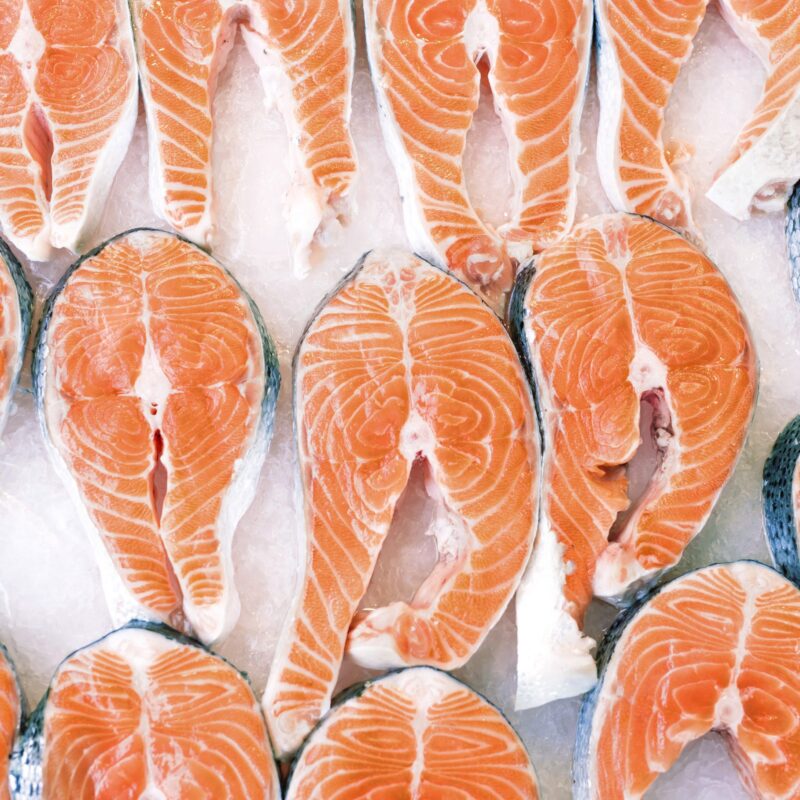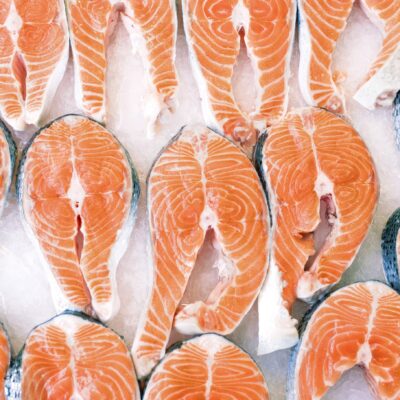How do we feed our babies? It’s a question Kelly Cox has been fielding from new parents for over a decade.
Cox, a licensed clinical social worker, registered prenatal yoga teacher, and birth doula, has hands-on experience helping moms through every stage of pregnancy. After six years of working as a therapist with mainly domestic violence sexual assault victims in Charlottesville, Cox went on to open Bend Yoga in 2010. The studio specialized in children’s and pre- and post-natal yoga, and held free weekly lactation support groups until its closing in 2020.
It was during those 10 years running Bend that Cox became aware of one of the biggest stressors new moms experience: breastfeeding.
Breastfeeding is no easy feat, and every mom’s experience is different. “Some women have an amazing time feeding, and they produce more than their babies can even use,” says Cox. “What I saw more of was mothers who, for some reason, couldn’t produce milk.” Going on medications for medical issues or for mental health, stress, and even returning to work can affect a nursing mother’s milk supply, according to Cox.
Cox would help connect moms with a surplus of breast milk with people in need of the liquid gold. She would also direct people to a number of milk sharing groups on Facebook, but she found the search process to be clunky and cumbersome.
Then one night, inspiration struck from the most unlikely of places.
“I was emailing two clients late one evening. One of them had milk she needed to get rid of before she moved, and one of them had just been diagnosed with breast cancer and knew that she couldn’t produce. As I was emailing them to introduce them, a notification went off on my phone from Bumble saying that I had matched with someone,” says Cox. “If we can go on our phones and order a car, and rent a stranger’s house, if I can meet my perfect match, why couldn’t families use this?”
Cox and her business partner, Celia Castleman, decided to make this idea a reality when COVID struck. The two started working with Shockoe, a Richmond-based app development firm, to create Share the Drop, a free app that connects milk donors with recipients. The development process was made even more urgent when Abbott, a baby formula manufacturer, issued a recall of several formula products, resulting in a nationwide formula shortage.
Share the Drop offers a streamlined search process for anyone in need of breast milk, and it’s completely free to use—no download or registration fees.
To use Share the Drop, users have to agree to follow Eats on Feets four pillars of safe breast milk sharing: informed choice, donor screening, safe handling, and home pasteurization. Recipients can then search for milk donors by distance, age, and other specific criteria, including dietary restrictions and allergies, and donors can upload recent test results for an added level of safety.
Though the FDA and the American Academy of Pediatrics warn about risks associated with informal breast milk sharing, Cox says Share the Drop is a tool that families can decide to use for themselves. “It’s all based on informed consent,” she says.
Currently, Share the Drop can be accessed through the Google Play store, or through sharethedrop.com. Cox says many families who can’t afford breast milk use the service, in addition to same-sex couples and breast cancer survivors. “I am a breast cancer survivor, and I’ve made it my mission locally to make sure that any other woman who has lost all of her mammary glands is able to find human milk if they need it.”
Cox and Castleman are still waiting on approval from Apple’s app store, which they hope to receive soon.
“I don’t think the formula crisis is going to end anytime soon,” Cox says, “so we are just really trying to get the word out about this resource.”
